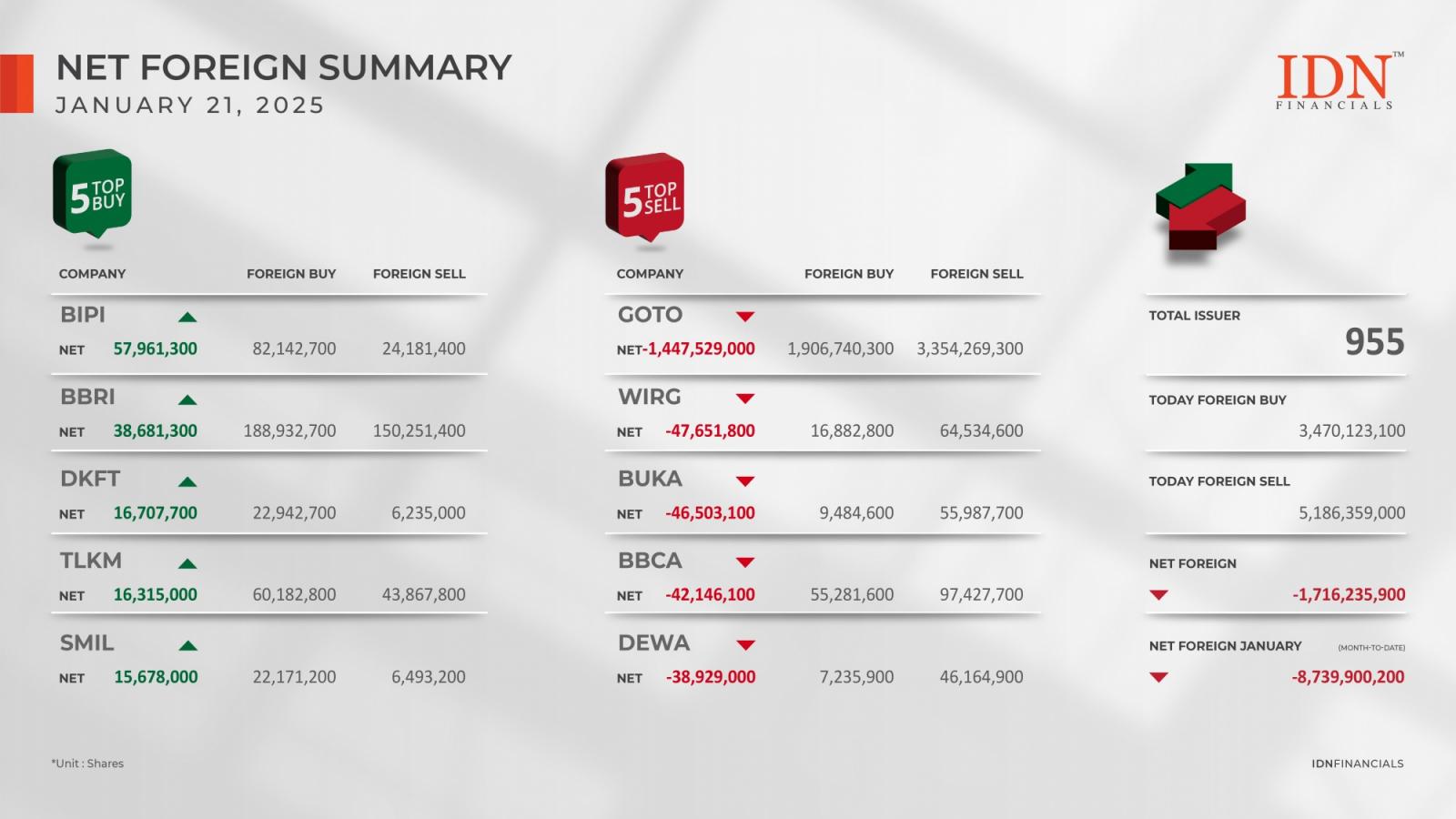Qatar Central Bank (QCB) has successfully completed the development of its central bank digital currency (CBDC) infrastructure.
Per a Sunday announcement, the national bank is pushing the CBDC for testing large payment settlements using latest advanced technologies. It is planning to collaborate with local and international banks for the testing and development.
“QCB is evaluating the digital currency applications, which rely on the strength of current technical systems, with the aim of enhancing the efficiency of the financial sector,” the bank wrote on X (Twitter).
Qatar Central Bank launches the digital currency project #Qatar_Central_Bank pic. .com/DPjSbCiGgw
— مصرف قطر المركزي (@QCBQATAR) June 2, 2024
Furthermore, the bank said that the CBDC would leverage nascent techs such as artificial intelligence (AI), distributed ledger technology (DLT).
The move aligns with Qatar’s Third Financial Sector Strategic Plan, issued by the central bank in 2023 and Fintech Strategy. Qatar National Vision 2030 includes Fintech Strategy, which aims to promote digital banking, insurtech and other advancements.
“Qatar Invited Several Banks to Participate in the CBDC”
Cryptonews spoke to Sheetal R Bhardwaj, a Dubai-based Risk & Compliance professional and a certified crypto investigator (CCI), who shares views on Qatar’s strategic move in developing a CBDC infrastructure.
Cryptonews: The Qatar Central Bank (QCB) launched its National Fintech Strategy in March 2023. How does the recent CBDC infrastructure development contribute to the strategy’s goals?
Sheetal: The CBDC infrastructure development supports the QCB’s National Fintech Strategy goals in multiple ways.
First, it improves the performance and safety of the payment system, by cutting down on intermediaries, costs, and risks. Second, it increases financial inclusion and access, by allowing digital and mobile payments for the unbanked or underbanked people. Third, it encourages innovation and competition, by creating a fair environment for fintech startups and incumbents, and by stimulating the use of new technologies and business models. Fourth, it enables international cooperation and integration, by allowing compatibility and interoperability with other CBDCs and payment platforms.
CBDC infrastructure allows efficient and secure cross-border payments, which helps international trade and economic growth. This supports the strategy’s goal of fostering the development of a strong and efficient financial system.
Cryptonews: What banks (local and international) are involved in the testing and development of Qatar’s CBDC for large payment settlements?
Sheetal: The QCB has invited several banks, both local and international, to participate in the CBDC sandbox and pilot the use of CBDC for large payment settlements. Some of the banks involved are:
- Qatar National Bank (QNB), which has been testing the use of CBDC for cross-border payments and trade finance.
- Commercial Bank of Qatar (CBQ), which has been testing the use of CBDC for domestic payments and remittances.
- Qatar Islamic Bank
- HSBC Qatar, involved in testing the use of CBDC for wholesale transactions and liquidity management.
- Standard Chartered Qatar, for testing the use of CBDC for interbank payments and settlement.
Cryptonews: What is the role of nascent techs like AI, DLT in developing Qatar Central Bank’s CBDC?
Sheetal: AI can be used for various purposes, such as detecting and preventing fraud, and analyzing data to improve the efficiency and security of the CBDC system.
DLT, especially blockchain technology, provides the basis for the secure and transparent recording of transactions, ensuring their unchangeability and trackability. It allows the issuance, distribution, and management of the CBDC in a decentralized and tamper-proof way.
Cryptonews: What regulatory changes can be expected in the coming days as a result of the launch of CBDC infrastructure?
Sheetal: The introduction of CBDC infrastructure will entail revisions and additions to the current regulatory framework. These changes will target issues such as digital identity verification, data protection, cybersecurity, and anti-money laundering measures.
The goal is to safeguard the reliability, compliance, and security of the CBDC, including users’ privacy and financial security.





